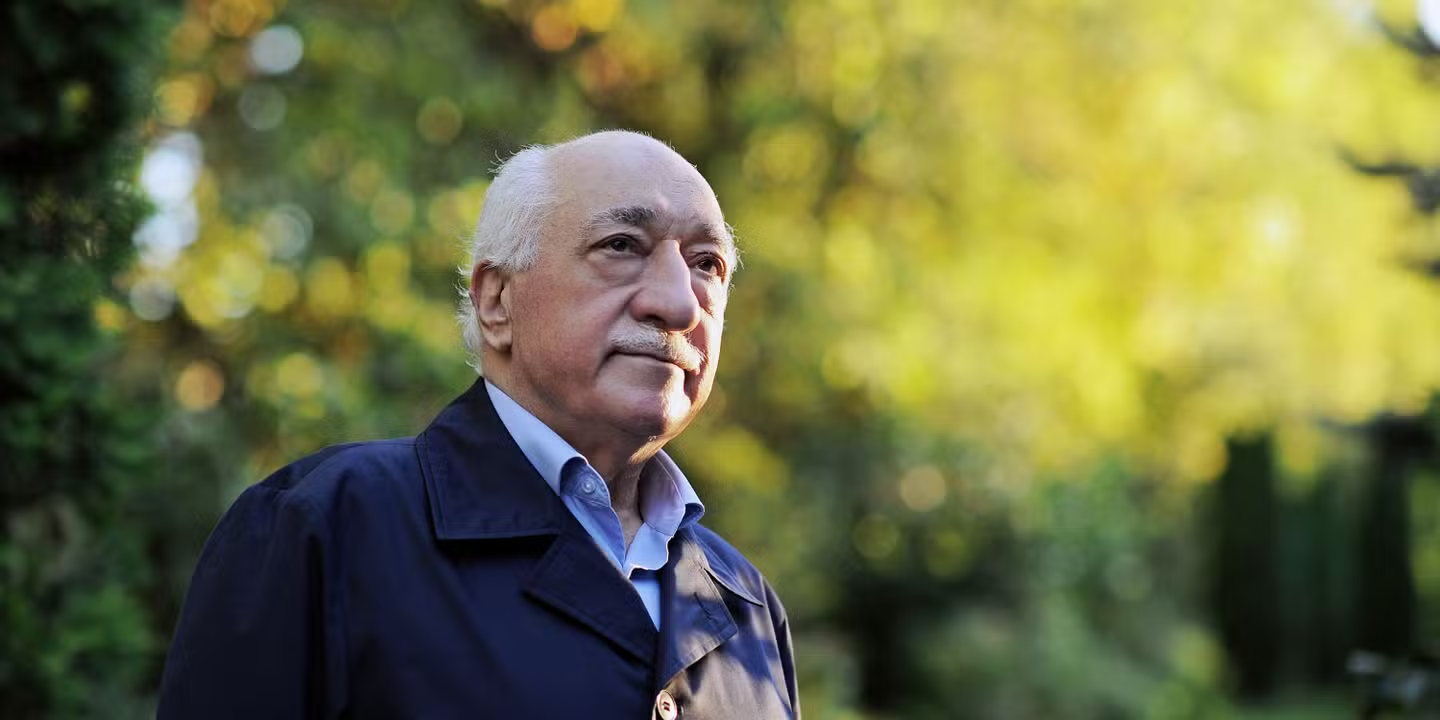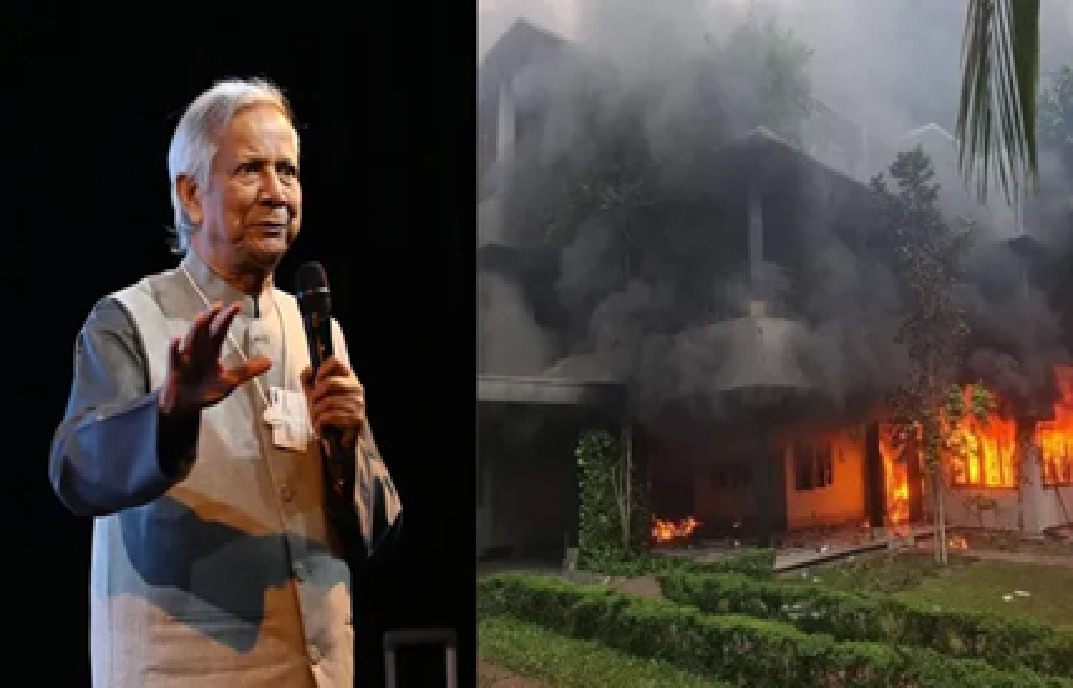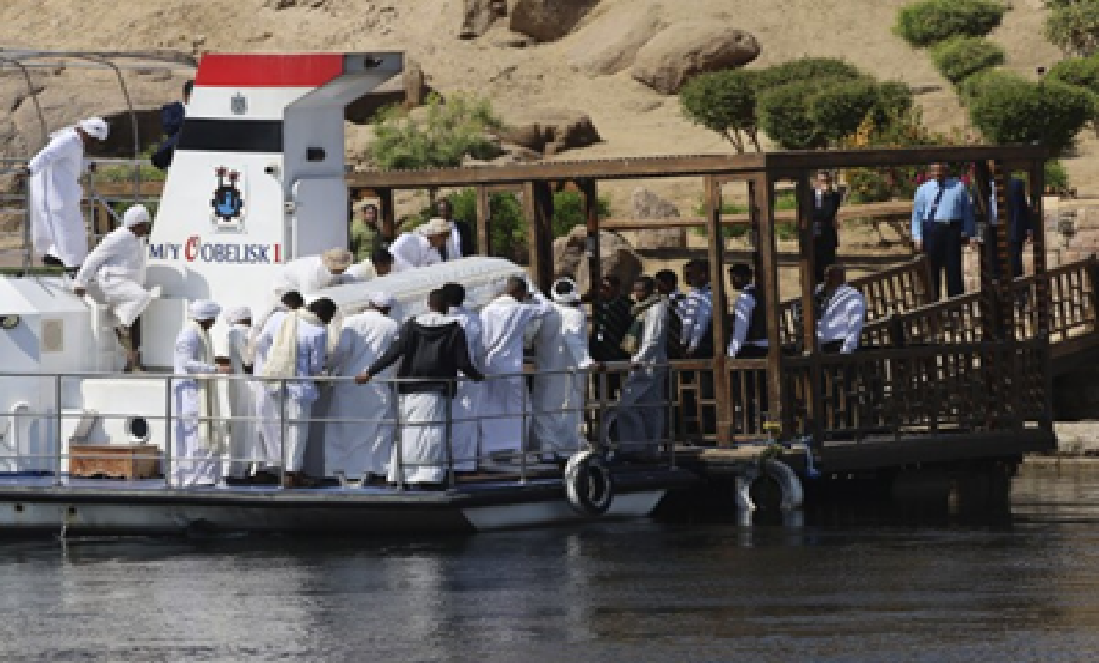
Fethullah Gulen, Erdogan’s bete noire is dead
Nazeer Waris: Muhammed Fethullah Gulen, Turkish ideologue, writer, poet, critic, and leader of the Nursi movement died at his home in exile in Saylorsburg, Pennsylvania on Sunday (October 20) at the age of 83. Believed to be the central figure behind the 2016 coup attempt to unseat President Recep Tayyip Erdogan, Gulen commanded a large following among youth. Previously, a backer of Erdogan, he is stated to have turned against him, parted his company and went to the United States to live in exile in 1999. Erdogan government had requested his extradition which the US government had rejected.
A disciple of spiritual leader Saiduzzaman Nursi, Gulen was seen as a neo-Ottomanist and preached moderate Islam which rejected the Islamic political philosophy of Khilafath but emphasized moral and ethical principles.
He advocated and supported secular rule in Muslim majority countries. Fethullah Gulen and his movement had allied with Erdogan's Justice and Development Party (known by Turkish acronym of AKP) lending support of his youthful cadre who were running thousands of schools, publications, vocational centres and other social service organisation within Turkey and several neighbouring nations. Frictions with Erdogan started in 2011 and by 2016 it had turned into a fullfledged conflict with his cadres hurling charges of corruption against the ruling dispensation. A Turkish court issued an arrest warrant for Gulen in 2016 declaring him to be involved in terrorist activity and demanding his extradition from the US. The US had rejected the request demanding substantiation of evidence. Gulen had started his work career as an imam in Edirne in 1959 and later taught at a Quranic school in Izmir.
He had no formal secular education but under the mentorship of Kurdish spiritual leader Said Nursi grew aware of moderate Islam that could coexist and interact with secular ideals. According to Wikipedia, Gülen's influence in civil society and number of followers grew steadily during the 1980s and 1990s. From 1988 to 1991 he gave a series of sermons in popular mosques of major cities. In 1994, he participated in the founding of the Journalists and Writers Foundation and was given the title "honorary president" by the foundation. He reportedly avoided making any comments about the forced closures of the Islamist Welfare Party in 1998 or the Virtue Party in 2001, or meeting with the leaders of Islamic political parties, although he did meet with some of their politicians like Tansu Çiller and Bülent Ecevit.
 English daily published in Bengaluru & Doha
English daily published in Bengaluru & Doha






